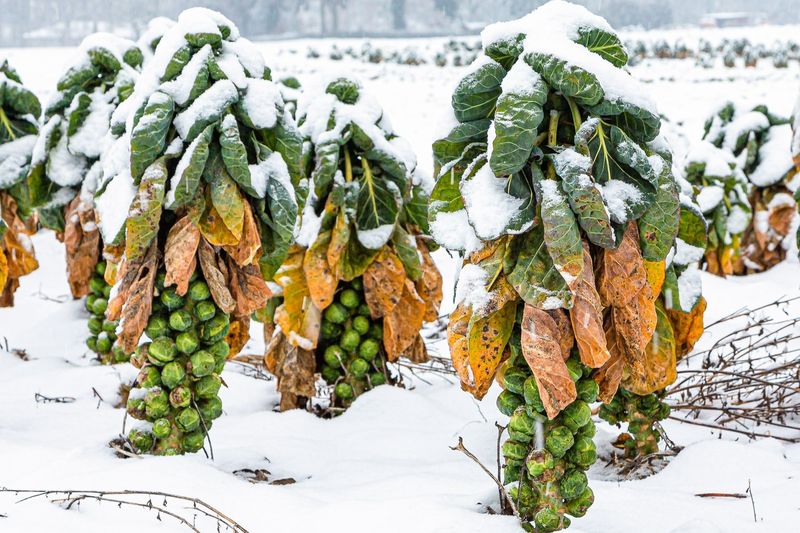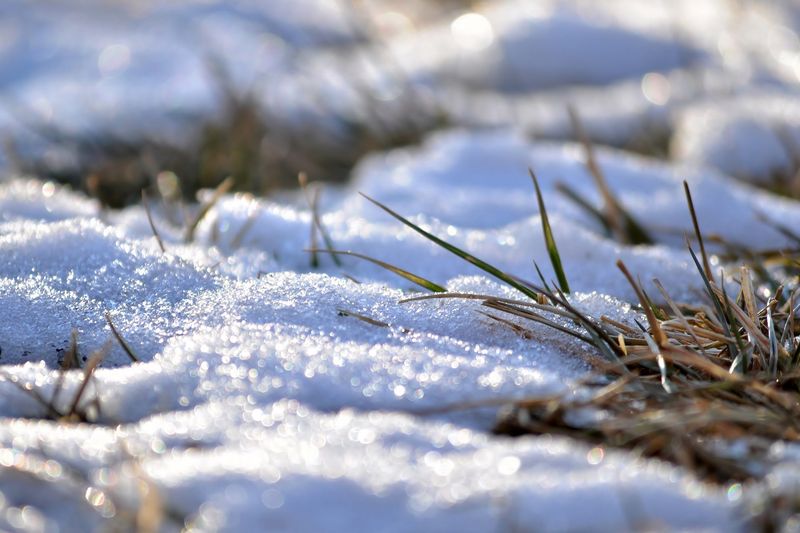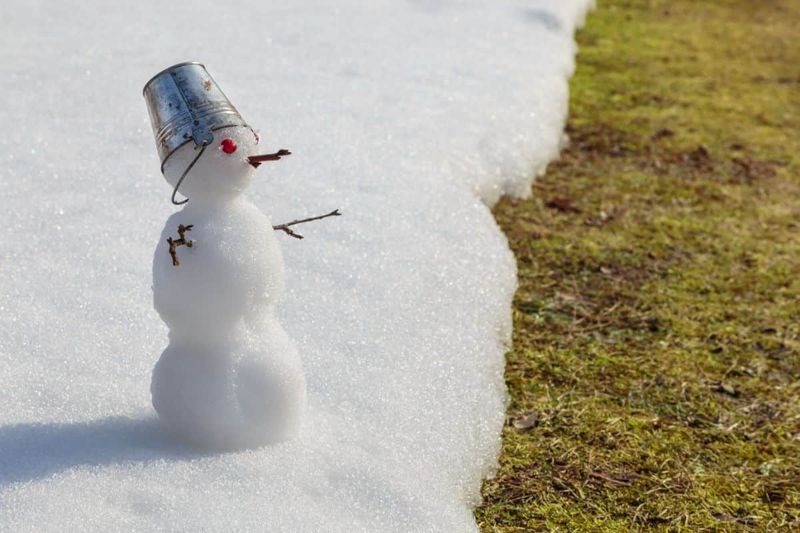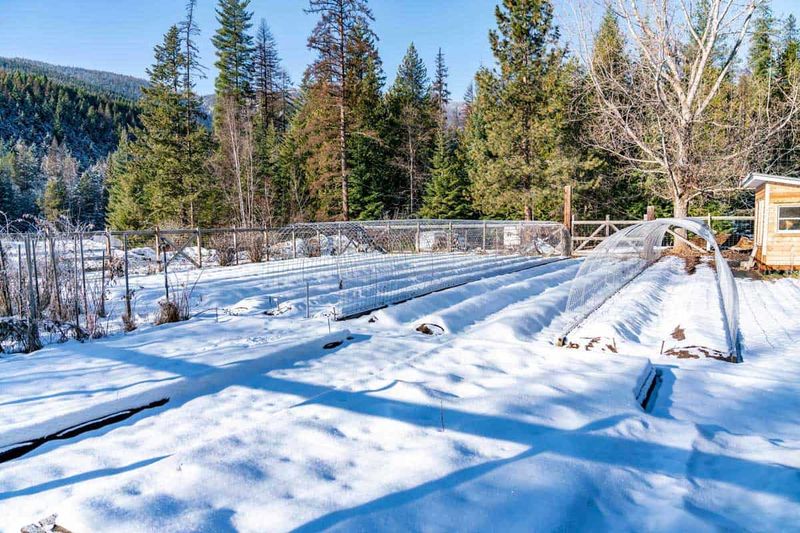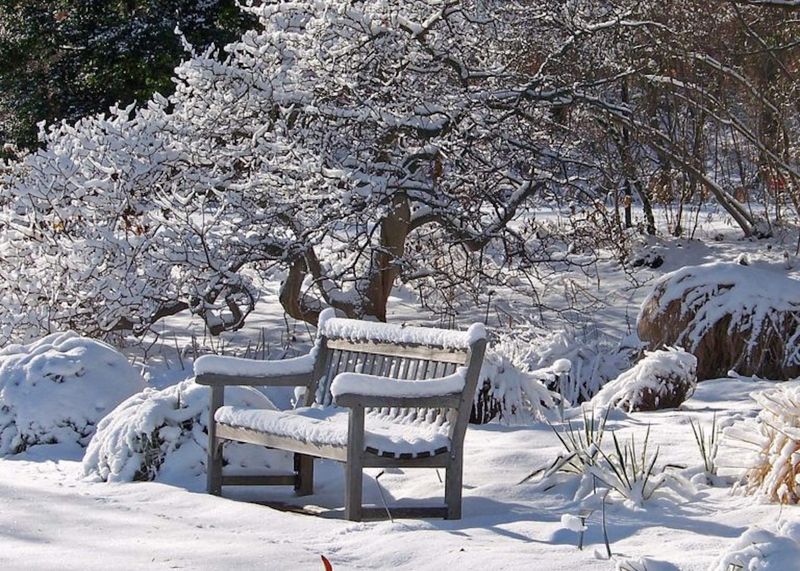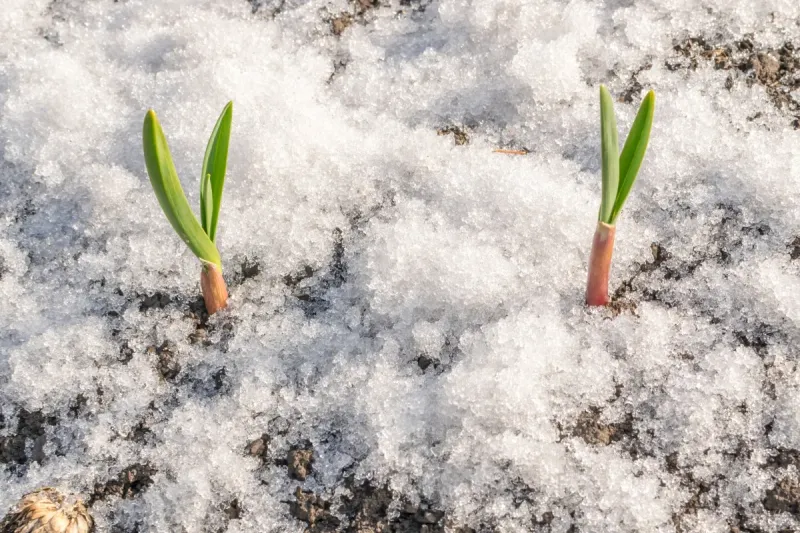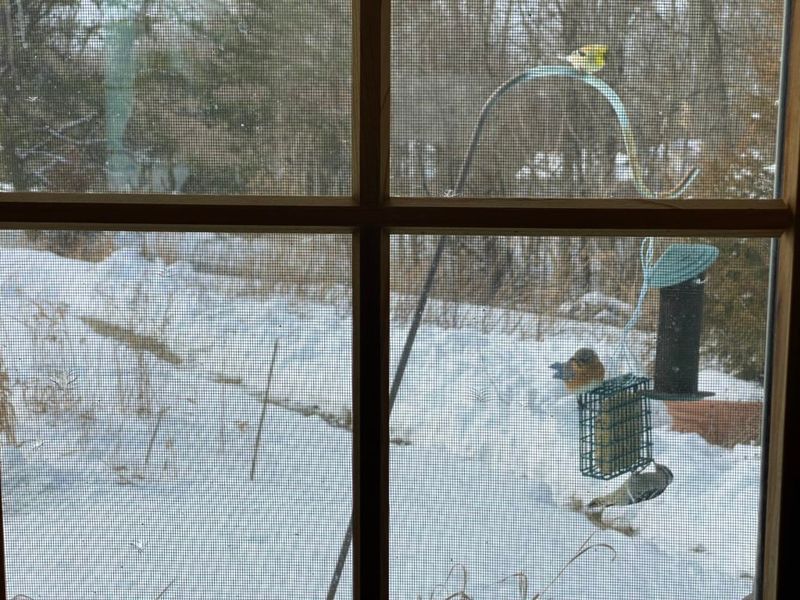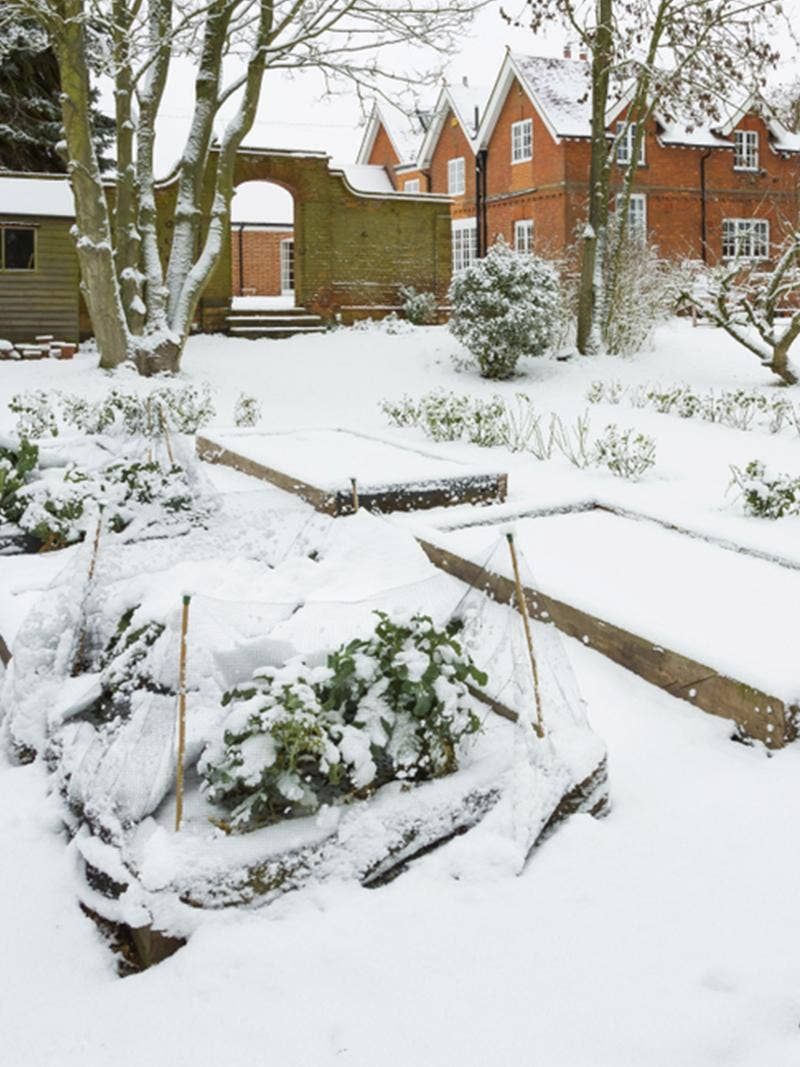Unlock the surprising potential of snow to enhance your garden throughout the winter season. Snow, often seen as a gardening hindrance, can actually offer numerous benefits to your garden.
From acting as an insulator to providing essential nutrients, snow can play a pivotal role in maintaining the health and vitality of your plants during the colder months.
In this blog post, we will explore twelve unique ways to harness the power of snow in your garden, ensuring that your plants thrive even when the temperature drops.
1. Natural Insulation Blanket
Snow acts as a natural insulator, creating a barrier that helps to maintain a stable temperature around plant roots. This insulation prevents the ground from freezing too deeply, protecting roots from extreme cold.
The snow layer also helps to retain soil moisture, preventing it from drying out during periods of cold winds.
By preserving the moisture and temperature levels, snow ensures plants remain healthy and ready to grow when spring arrives, making it a valuable ally during the winter months.
2. Nutrient-Rich Meltwater
As snow melts, it releases valuable nutrients into the soil, enriching it and preparing it for the upcoming growing season. This meltwater can contain traces of nitrogen, calcium, and other essential minerals.
These nutrients are absorbed by the plants, promoting healthier growth and development.
Gardeners can maximize this benefit by gently mixing the meltwater into the soil, ensuring an even distribution of nutrients. This natural fertilization process is one of the hidden advantages of snow for your garden.
3. Moisture Conservation
Snow acts as a protective cover that conserves soil moisture, reducing the need for additional watering during winter. The snow layer reduces evaporation by shielding the soil from harsh winter winds and sun.
This conserved moisture ensures that plants have access to water when they need it, even in freezing temperatures.
Gardeners can rely on this natural moisture source to keep their plants hydrated throughout the winter months, benefiting from snow’s ability to minimize water loss.
4. Weed Suppression
Snow suppresses weed growth by covering the soil and blocking sunlight. This natural barrier prevents weeds from receiving the light they need to germinate and grow.
By reducing the presence of weeds, snow allows garden plants to thrive without competition for nutrients and space.
This weed-suppressing characteristic of snow can lead to a healthier and more manageable garden when spring arrives, giving gardeners an edge in weed control.
5. Pest Deterrence
Snow acts as a deterrent for pests that could damage garden plants. The cold and snowy conditions make it difficult for pests to survive, reducing their numbers.
Without these pests, plants face fewer threats during winter, which contributes to healthier growth come spring.
By naturally limiting pest populations, snow provides a layer of protection for your garden, allowing plants to focus on growth rather than defense against pests.
6. Soil Erosion Control
Snow helps to stabilize the soil by covering it and reducing the impact of wind and water erosion. The weight of the snow compacts the soil just enough to hold it in place without causing compaction damage.
This protective layer minimizes runoff and soil displacement, preserving the nutrients and structure within the garden.
During winter, gardeners benefit from this natural erosion control, ensuring that their soil remains fertile and ready for planting in the spring.
7. Promotion of Soil Microbes
The presence of snow and its gradual melting process create a suitable environment for soil microbes to thrive. These microbes play a crucial role in breaking down organic matter and enhancing soil fertility.
The consistent moisture provided by melting snow supports microbial activity throughout winter.
As a result, gardeners enjoy healthier soil that is well-prepared for planting in spring, thanks to the beneficial effects of snow on soil microbes.
8. Temperature Regulation
Snow helps regulate ground temperature, preventing drastic fluctuations that can stress plants. By maintaining a more consistent temperature, snow protects plants from cold snaps and thaw cycles that can cause damage.
This regulation ensures that plants remain dormant without the risk of premature growth spurts.
Gardeners can count on snow to provide a stable environment for their plants during winter, reducing the risks associated with temperature extremes.
9. Aesthetic Enhancement
A blanket of snow transforms a garden into a serene and visually appealing landscape. The white canvas highlights the shapes and structures of plants, creating a picturesque winter scene.
This aesthetic enhancement can bring joy and inspiration during the colder months.
Gardeners can embrace the beauty of snow-covered gardens, finding satisfaction in the tranquility and charm it adds to their outdoor space.
10. Seed Germination Aid
Some seeds require cold stratification to germinate, a process naturally facilitated by snow cover. The cold temperature and moisture provided by snow simulate the conditions needed for these seeds to break dormancy.
Gardeners can use snow to aid in the successful germination of certain seeds, ensuring better growth outcomes.
By understanding the needs of their plants, gardeners can leverage snow to optimize seed germination, enhancing their garden’s productivity.
11. Wildlife Habitat
Snow-covered gardens provide important habitats for winter wildlife, such as birds and small mammals. This environment offers shelter and protection from predators, promoting biodiversity in the garden.
Gardeners can support wildlife by maintaining snow cover and offering food sources like seeds and nuts.
By fostering a wildlife-friendly winter garden, gardeners contribute to ecological balance and enjoy the presence of nature throughout the season.
12. Mulch Alternative
Snow can serve as a natural mulch, covering garden beds and insulating the soil. This alternative to traditional mulch materials helps to regulate soil temperature and moisture levels.
Using snow as mulch reduces the need for additional materials and labor, offering a cost-effective solution for winter garden care.
Gardeners can take advantage of snow’s insulating properties, ensuring their plants are protected and ready to thrive in the spring.



